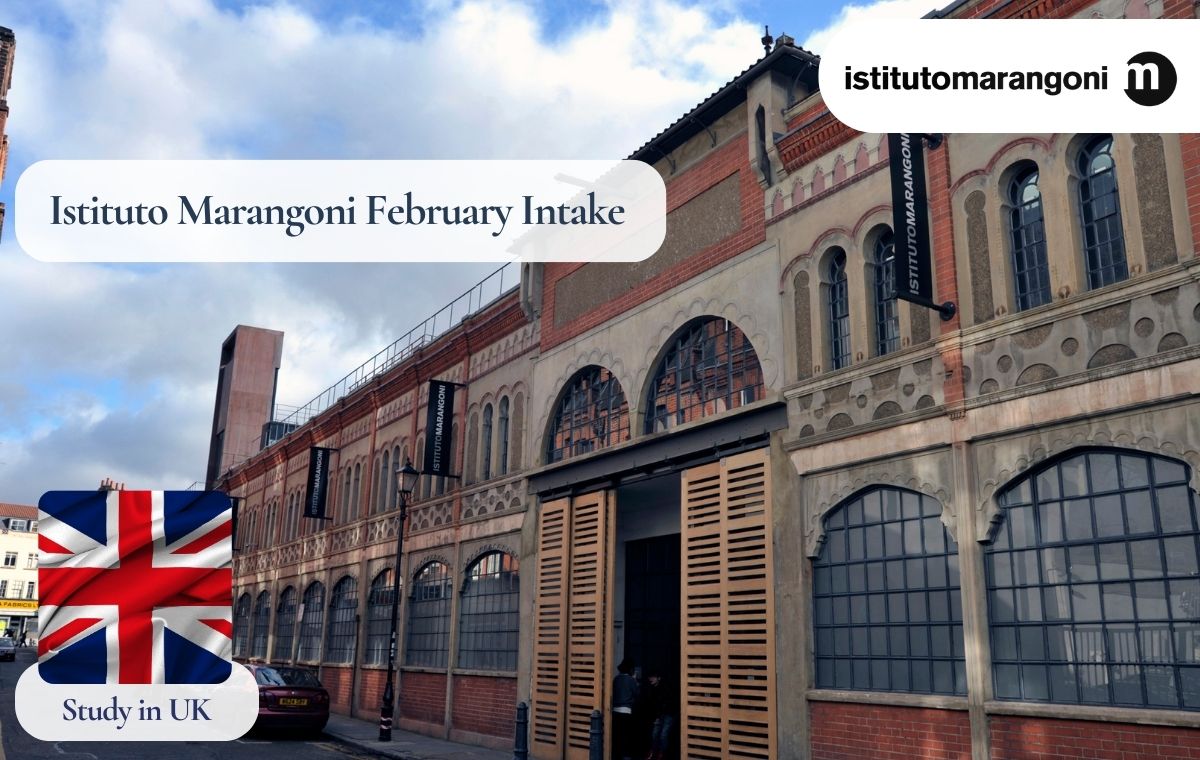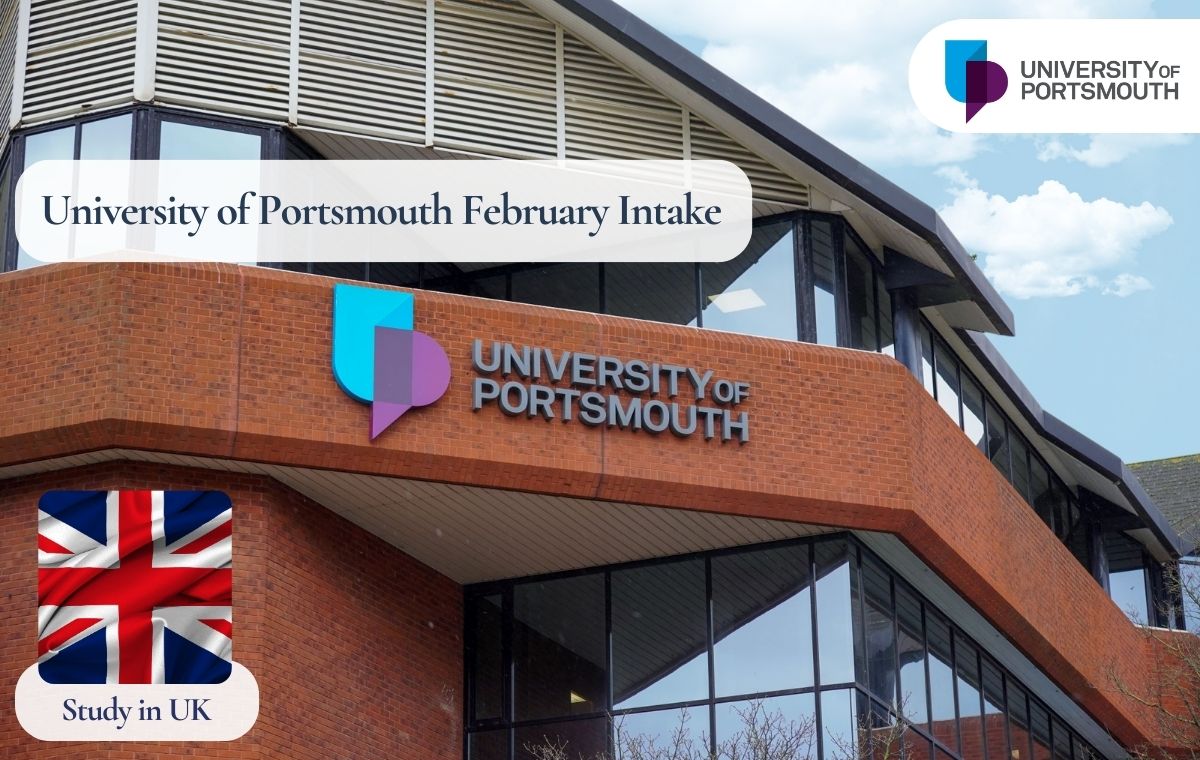Table of Content
Diploma Courses in the UK for International Students
As an international student, choosing a UK diploma course can be a smart decision. UK diploma courses are designed to provide you with specialist knowledge and skills in a specific field, making you job-ready in a shorter period of time. These courses typically take between one and two years to complete, meaning you can gain valuable qualifications and enter the job market sooner. Additionally, UK diploma courses are often more expensive than degree programs, making them an attractive option for students on a budget. By obtaining a UK diploma, you can improve your career prospects, enhance your earning potential, and gain a competitive edge in the global job market.
What are Diploma Courses?
Diploma courses are specialized programs that provide advanced training and knowledge in a particular field or industry. These courses are designed to provide students with practical skills, technical expertise, and industry-specific knowledge, making them job-ready upon completion. Diploma courses are typically shorter than degree programs, lasting anywhere from a few months to two years, and are often offered at universities, colleges, and vocational schools. They are ideal for students who want to gain specialized knowledge, enhance their career prospects, or move into a new field. Diploma courses are available in a wide range of fields, including business, technology, healthcare, and more.
Why Choose Diploma Courses in the UK Over Other Courses?
Diploma courses in the UK offer a unique combination of flexibility, affordability and hands-on learning, making them an excellent choice for Indian students. Here’s why diploma courses stand out:
1. Shorter Duration
Diploma courses are typically shorter than degree programs, ranging from 6 months to 2 years. This allows students to enter the job market sooner while saving on tuition fees and living expenses.
2. Cost-effective
Compared to full degree programmes, diploma courses are more affordable. They provide high-quality education and practical skills at a fraction of the cost, making them ideal for budget-conscious students.
3. Career-oriented Learning
Diploma courses are designed to equip students with industry-specific skills and knowledge. They often include practical training, internships and real-world projects, ensuring graduates are job-ready.
4. Wide Range of Subject Areas
The UK offers diploma courses in a variety of fields, including business, healthcare, engineering, IT, hospitality and creative arts. Students can choose programs that align with their career goals and interests.
5. Flexible Entry Requirements
Diploma courses generally have less stringent entry requirements than degree programs. This makes them accessible to a wider range of students, including those looking to improve their skills or change careers.
6. Pathway to Higher Education
Many diploma courses act as pathways to degree programs. Students can transfer credits towards a bachelor’s or master’s degree, making them a stepping stone to further education.
7. Post-Study Employment Opportunities
Diploma graduates are eligible for a UK Graduate Route visa, allowing them to stay and work in the UK for up to two years. This helps students gain valuable international work experience.
8. Multicultural Exposure
Studying in the UK exposes students to a multicultural environment, enhancing their adaptability and global perspective. This is particularly beneficial for career growth in today’s interconnected world.
Best Universities in the UK available with Diploma Courses
Check out the best Universities available with Diploma Courses in UK you should know about. Choose from the best universities to get admission in 2025:
| University | Popular Diploma Courses | Key Features |
| University of Oxford | Diploma in Artificial Intelligence, Financial Strategy | Renowned for its academic excellence, world-class faculty, and access to cutting-edge research facilities. |
| University of Cambridge | Diploma in International Business, Data Analysis | Offers highly specialized programs with practical insights and global recognition. |
| London School of Economics (LSE) | Diploma in Economics, Management | Focuses on analytical and managerial skills with a strong emphasis on real-world applications. |
| University College London (UCL) | Diploma in Digital Media, Engineering | Combines innovation and industry collaboration, providing hands-on experience and exposure to global trends. |
| University of Edinburgh | Diploma in Environmental Science, Computer Science | Known for its strong research output and commitment to sustainability, offering diplomas in emerging fields. |
| University of Manchester | Diploma in Marketing, Supply Chain Management | Offers career-focused courses with access to a vast alumni network and industry partnerships. |
| University of Birmingham | Diploma in International Relations, Business Analytics | Provides globally oriented programs with a focus on leadership and problem-solving skills. |
| University of Warwick | Diploma in Entrepreneurship, Human Resource Management | Specializes in fostering innovation and entrepreneurship with excellent placement support. |
| King’s College London | Diploma in Healthcare Management, Psychology | Renowned for its healthcare and life sciences programs, offering practical exposure in clinical and research settings. |
| University of Glasgow | Diploma in Tourism Management, Creative Writing | Offers unique courses blending theoretical and practical learning with a focus on creative industries. |
| University of Nottingham | Diploma in Biotechnology, Education | Combines academic rigor with practical training, providing students with skills relevant to industry and academia. |
| University of Leeds | Diploma in Media Studies, International Development | Known for its vibrant campus life and a strong focus on employability through internships and projects. |
| University of Sheffield | Diploma in Robotics, Urban Planning | Offers cutting-edge programs in technology and design, with access to state-of-the-art labs and facilities. |
| Coventry University | Diploma in Automotive Engineering, Global Business | Industry-focused courses with strong ties to multinational companies, offering practical learning opportunities. |
| University of Southampton | Diploma in Maritime Studies, Data Science | Specializes in technology and engineering programs, offering students hands-on experience in world-class facilities. |
Requirements for Pursue Diploma Courses in the UK
To pursue diploma courses in the UK, students need to meet specific academic, language, and financial requirements. Here’s an overview:
1. Academic Requirements
Undergraduate Diploma:
- Completion of higher secondary education (Class 12 or equivalent).
- Minimum required grades (varies by university and course).
Postgraduate Diploma:
- A bachelor’s degree in a relevant field.
- Some programs may require prior work experience.
2. English Language Proficiency
Accepted Tests: IELTS, TOEFL, PTE Academic, or other equivalent tests.
Typical Scores:
- IELTS: Minimum 6.0 overall (may vary depending on the course).
- TOEFL iBT: 79–100.
- PTE: 50–65.
Students may be exempt from this requirement if they have previously studied in an English-speaking country.
3. Application Documents
- Completed application form.
- Academic transcripts and certificates.
- Statement of Purpose (SOP) outlining academic goals and reasons for choosing the course.
- Letters of Recommendation (usually 1–2).
- A valid passport.
4. Financial Proof
- Evidence of sufficient funds to cover tuition fees and living expenses (e.g., bank statements or sponsor letters).
- Students may also need to pay a deposit as part of their admission process.
5. Visa Requirements
Apply for a Student Visa (Tier 4).
Documents needed:
- Confirmation of Acceptance for Studies (CAS) from the university.
- Proof of financial capability.
- English language proficiency certificate.
6. Additional Requirements
- Some courses may require a portfolio (for creative arts) or prior experience (for business or healthcare diplomas).
- An interview or entrance test may also be part of the admission process for certain programs.
How do you get admission to the UK for diploma courses?
As education abroad consultants, WayUp Abroad is here to guide you through the step-by-step process of securing admission to diploma courses in the UK. With our expertise, we ensure a hassle-free journey for students looking to study abroad.
1. Choose the Right Course and University
Research and choose the diploma course and university that aligns with your career goals. The UK offers a variety of options in fields such as business, healthcare, IT, engineering, and creative arts. At WayUp Abroad, we offer personalized consultations to help you make the best choice.
2. Check the Eligibility Requirements
Ensure that you meet the academic and language requirements of your chosen program. Common prerequisites include:
- Higher secondary education for undergraduate diplomas.
- Bachelor’s degree for postgraduate diplomas.
- Proof of English language proficiency (IELTS, TOEFL, or PTE scores).
- We help assess your qualifications and prepare your application accordingly.
3. Prepare Your Application Documents
Collect all the necessary documents, including:
- Academic records and certificates.
- Statement of Purpose (SOP).
- Letters of recommendation (LORs).
- English language proficiency test results.
- A valid passport.
Our WayUp Abroad experts help you craft a compelling Statement of Purpose (SOP) and ensure your application is complete and professional.
4. Submit Your Application
Submit your application to your chosen universities through their online portals or UCAS (for undergraduate courses). WayUp Abroad handles the application process on your behalf, ensuring that you submit on time and comply with university guidelines.
5. Receive Your Offer Letter
Once your application has been reviewed, you may receive an offer letter from the university. Offers can be conditional (subject to meeting certain requirements) or unconditional. We guide you through understanding and meeting any conditions.
6. Arrange Proof of Funds
You will need to provide evidence of sufficient funds to cover tuition fees and living expenses in accordance with UK visa requirements. WayUp Abroad helps you prepare the necessary financial documents.
7. Apply for a Student Visa
Once you have received your Confirmation of Acceptance to Study (CAS) from your university, apply for a UK Student Visa (Tier 4). Required documents include:
- CAS letter.
- Proof of funds.
- English language proficiency certificate.
- Valid passport.
- Our visa experts guide you through this crucial step, ensuring a smooth application process.
8. Planning Your Arrival
Once your visa is approved, it’s time to plan your trip. WayUp Abroad helps you prepare before you leave, including:
- Booking flights.
- Arranging accommodation.
- Understanding UK culture and university life.
How Can We Help You?
At WayUp Abroad, we are committed to making your dream of studying abroad a reality. As your trusted overseas education advisors, we provide comprehensive support throughout your journey, from choosing the right course and university to securing admission and obtaining your student visa. Our personalized consultations ensure you choose a program that aligns with your career aspirations, while our expert guidance simplifies the application and documentation process. Focusing on your success, we also provide pre-departure assistance, helping you adjust to your new environment. Trust WayUp Abroad to be your trusted partner in achieving global academic excellence.
Wrapping Up!
In conclusion, pursuing a diploma course in the UK offers Indian students an excellent opportunity for career advancement with affordable, industry-focused education. The UK’s renowned universities provide a wide range of diploma programs, ensuring a perfect match for every student’s interests and career goals. By following the admission process and meeting the necessary requirements, students can easily navigate their journey to studying abroad. With the help of WayUp Abroad, students gain personalized guidance throughout their entire process, from course selection to visa application, ensuring a smooth and successful experience in the UK. Let us help you achieve your dreams of studying abroad.
FAQ
1. What are the eligibility requirements for diploma courses in the UK?
Ans - To pursue a diploma course in the UK, students typically need to have completed upper secondary education (Grade 12) for bachelor’s diplomas or a bachelor’s degree for postgraduate diplomas. In addition, English language proficiency is required, with common tests such as IELTS, TOEFL or PTE. Each course and university may have specific entry requirements, so it is important to check the details before applying.
2. How long do diploma courses in the UK take?
Ans - Diploma courses in the UK generally range from 6 months to 2 years, depending on the program and level. Undergraduate diplomas typically take 1 to 2 years, while postgraduate diplomas can be completed in around 6 months to 1 year.
3. Are diploma courses in the UK affordable?
Ans - Diploma courses in the UK are generally more affordable than full degree programs. Tuition fees may vary depending on the university and course, but they offer a cost-effective way to gain specialist skills and knowledge without the high costs of a traditional degree.
4. Can I work while studying a diploma course in the UK?
Ans - Yes, international students with a valid student visa can work part-time while studying. Typically, students can work up to 20 hours a week during term time and full-time during holidays. This allows students to gain work experience and earn extra income.
5. How do I apply for a UK student visa?
Ans - To apply for a UK student visa, you must have a Confirmation of Acceptance for Studies (CAS) from your university, proof of sufficient funds to cover tuition fees and living expenses, and meet English language proficiency requirements. WayUp Abroad helps with the visa application process to ensure everything is in order.
6. What are the benefits of choosing a diploma course over a degree course?
Ans - Diploma courses offer shorter durations, lower costs, and industry-specific training, making them ideal for students looking to enter the workforce quickly. They provide practical skills and are often a pathway to further education or career advancement. Many students also choose diplomas as the foundation for degree programs.
7. Can I apply for a post-study work visa after completing a diploma course in the UK?
Ans - Yes, international students who complete a diploma course in the UK are eligible for a Graduate Route visa, which allows them to stay and work in the UK for up to 2 years (or 3 years for PhD graduates). This provides valuable work experience and enhances your employment prospects in the UK.







Leave a Reply